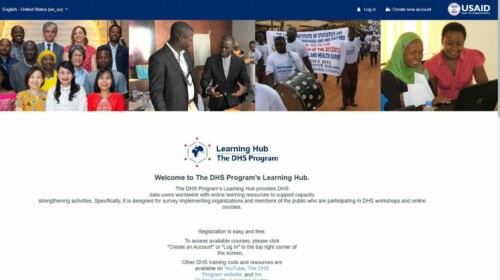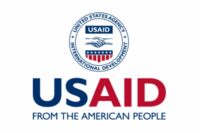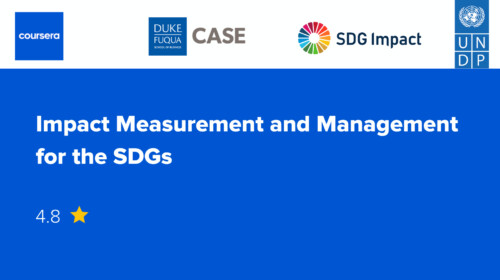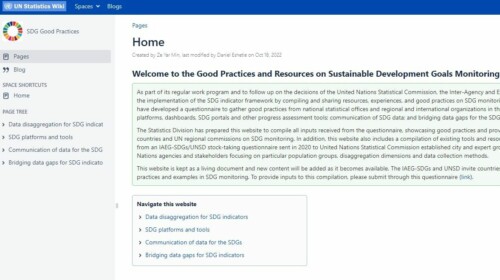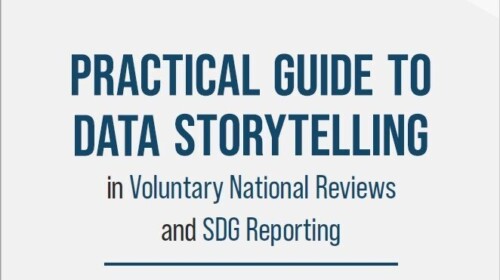Focuses on understanding DHS survey results and using them to inform decision making in policies and programs. Typically, a group of participants from a shared background (e.g., Maternal and Child Health (MCH) or Malaria program manager, policy makers, donors, etc.) come together to review the key findings from the DHS survey and discuss how those findings could better inform upcoming decisions and better prioritize activities with limited funds. The workshops are often a collaboration with the Ministry of Health. Groups develop Data to Action Plans.
Target Audience
Program managers working in the same technical area (e.g., malaria, MCH, etc.)
Learning Objectives
By the end of this training, participants will be able to:
- Identify DHS data results in specific topic areas related to their program or area of expertise
- Interpret DHS data results based on national strategic plans and/or priorities; and
- Demonstrate how to use data to prioritize evidence-based decisions for programming by identifying priority actions following the workshop.

